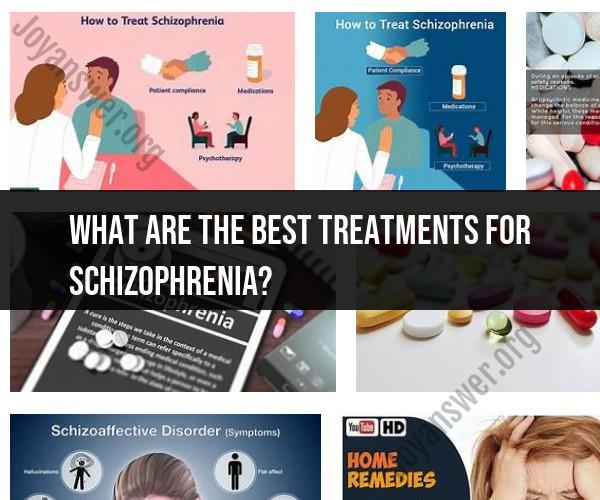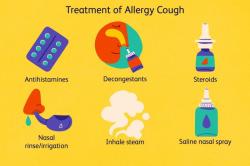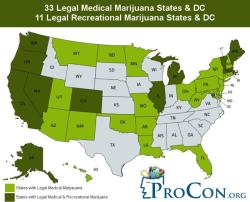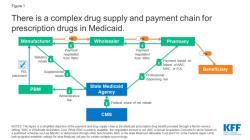What are the best treatments for schizophrenia?
The treatment of schizophrenia typically involves a combination of therapies and medications tailored to the individual's specific needs and symptoms. The best treatment approach for schizophrenia may vary from person to person, and it's crucial for individuals with schizophrenia to work closely with mental health professionals to develop a personalized treatment plan. Here are some of the key components of effective treatments for schizophrenia:
Antipsychotic Medications: Antipsychotic medications are the cornerstone of schizophrenia treatment. They help manage the positive symptoms of schizophrenia, such as hallucinations and delusions. There are two main types of antipsychotic medications:
- Typical (First-generation) Antipsychotics: These include medications like haloperidol and chlorpromazine.
- Atypical (Second-generation) Antipsychotics: These include medications like aripiprazole, olanzapine, and risperidone. Atypical antipsychotics are often preferred because they may have fewer side effects than typical antipsychotics.
Psychotherapy: Psychotherapy, such as cognitive-behavioral therapy (CBT) and supportive therapy, can help individuals with schizophrenia better understand their condition, manage symptoms, and improve their coping skills.
Family Therapy: Involving the family in therapy can be beneficial in educating and supporting both the individual with schizophrenia and their family members. It can help improve communication, reduce stress, and enhance the overall support system.
Psychosocial Rehabilitation: Psychosocial rehabilitation programs aim to improve an individual's daily functioning and quality of life. They often include vocational training, social skills training, and support with daily living activities.
Medication Management: Proper management of antipsychotic medications is essential. This involves finding the right medication and dosage for the individual, monitoring for side effects, and ensuring medication adherence.
Supportive Services: Individuals with schizophrenia may benefit from various supportive services, such as case management, housing assistance, and access to social services.
Crisis Intervention: Developing a crisis plan and knowing how to respond to crisis situations is crucial to prevent hospitalization or relapse.
Peer Support: Some individuals find peer support groups or peer mentors helpful in their recovery journey. These groups provide a sense of community and understanding.
Healthy Lifestyle: Encouraging a healthy lifestyle, including regular exercise, a balanced diet, and adequate sleep, can complement other treatments and improve overall well-being.
Medication Adherence: It's important for individuals with schizophrenia to take their prescribed medications as directed by their healthcare provider. Non-adherence can lead to relapses.
Treatment for schizophrenia is often long-term, and the goal is typically symptom management, improved functioning, and an enhanced quality of life. It's crucial for individuals with schizophrenia and their families to work closely with mental health professionals to determine the most effective treatment plan for their specific needs and to monitor progress over time. Early intervention and ongoing support can make a significant difference in managing this complex mental health condition.











